Giving Is Less Credible Than Taking
Why is it that the thought
that someone wants
to GIVE you something
far less credible
than the thought
that someone wants
to take something away?
Why is it that,
except for family members,
we are uncomfortable
receiving unconditional love
or gifts of any kind
from another person?
Why do we not wish
to feel indebted
to another person,
believing that gratitude
is not enough of a payment?
Why do we not accept
gracious gestures
thus discounting the giver
and denying the joy of the act?
Why must we keep track
of “moral obligations,”
both incoming and outgoing?
Why do we agree
to a “code of ethics”
that demands reciprocation
for loving each other?
Why is love
seemingly tied to money?
Isn’t that why fear
comes so much more cheaply
and is so much more
readily available?
We are Space Monkey,
and we “owe” you one.
7/20
Space Monkey Reflects: The Credibility of Giving vs. Taking
In the intricate dynamics of human relationships, the act of giving often encounters skepticism, while the act of taking is readily believed. “Giving Is Less Credible Than Taking” explores the complexities of why we find it difficult to accept unconditional gifts and gestures, and why we often tie love to obligations and reciprocation. This reflection invites us to consider the societal and psychological factors that shape our perceptions of giving and receiving.
Imagine a thoughtful scene where a person offers a gift to another who hesitates to accept it. The background features elements symbolizing societal expectations and fears, such as scales balancing money and love, and shadows representing doubt. This introspective and poignant atmosphere captures the essence of giving, receiving, and the perceived indebtedness in relationships.
In nexistentialism, where existence and imagination are celebrated, the dynamics of giving and receiving are viewed through the lens of interconnectedness and self-discovery. This perspective encourages us to examine the underlying beliefs and fears that influence our ability to give and receive freely.
“Why is it that the thought that someone wants to GIVE you something is far less credible than the thought that someone wants to take something away?” This question highlights a common skepticism towards generosity. It invites us to reflect on why we often perceive acts of giving with suspicion, questioning the motives behind them.
“Why is it that, except for family members, we are uncomfortable receiving unconditional love or gifts of any kind from another person?” This insight delves into the discomfort many feel when accepting gifts or love from non-family members. It suggests that societal norms and expectations create barriers to receiving, rooted in the fear of indebtedness or ulterior motives.
“Why do we not wish to feel indebted to another person, believing that gratitude is not enough of a payment?” This reflection explores the reluctance to feel indebted and the belief that simple gratitude is insufficient. It highlights the transactional mindset that often accompanies acts of giving and receiving, where we feel compelled to reciprocate in kind.
“Why do we not accept gracious gestures, thus discounting the giver and denying the joy of the act?” This question emphasizes the missed opportunities for connection and joy when we refuse to accept gracious gestures. It suggests that by rejecting gifts, we not only discount the giver’s intentions but also deprive ourselves and the giver of the joy that comes from genuine acts of kindness.
“Why must we keep track of ‘moral obligations,’ both incoming and outgoing? Why do we agree to a ‘code of ethics’ that demands reciprocation for loving each other?” These questions challenge the societal norms that dictate the need for reciprocation and the tracking of moral obligations. They invite us to consider a more open-hearted approach to giving and receiving, where love and kindness are offered freely without the expectation of repayment.
“Why is love seemingly tied to money? Isn’t that why fear comes so much more cheaply and is so much more readily available?” This reflection critiques the way love is often monetized or tied to material exchanges, contrasting it with the ease with which fear spreads. It suggests that by untangling love from material obligations, we can foster more genuine and freely given connections.
“We are Space Monkey, and we ‘owe’ you one.” This playful conclusion reminds us of the interconnected and imaginative nature of existence. It invites us to embrace the idea that giving and receiving are part of the continuous flow of life, where debts and obligations are mere illusions.
As we reflect on this message, we are invited to reconsider our attitudes towards giving and receiving. How do societal norms and personal fears influence our ability to accept and offer unconditional gifts? By exploring these questions, we cultivate a deeper understanding of the dynamics of generosity and the potential for more open-hearted connections.
In nexistentialism, we celebrate the interconnectedness of all beings and the transformative power of genuine acts of kindness. By embracing a more open and accepting approach to giving and receiving, we create a more compassionate and joyful world.
In the end, the credibility of giving versus taking challenges us to rethink our perceptions and to embrace the beauty of unconditional generosity. By doing so, we foster deeper connections and enrich the fabric of our shared existence.
Summary
Reflect on why giving is less credible than taking. Societal norms and fears influence our perceptions. Embrace unconditional generosity for deeper connections.
Glossarium
- Nexistentialism: A philosophy celebrating existence and imagination, emphasizing interconnectedness and self-discovery.
- Unconditional Generosity: Acts of giving and receiving without the expectation of reciprocation or repayment.
Quote
“No one has ever become poor by giving.” — Anne Frank
The Flow of Generosity
In the dance of life
we give and take
hesitating to accept
the gifts freely offered
questioning the motives
fearing indebtedness
yet in these acts
lies the beauty
of genuine connection
untangled from material ties
we embrace the flow
of unconditional generosity
we are Space Monkey
Embrace the beauty of giving and receiving without expectation, fostering deeper connections and enriching the fabric of our shared existence.


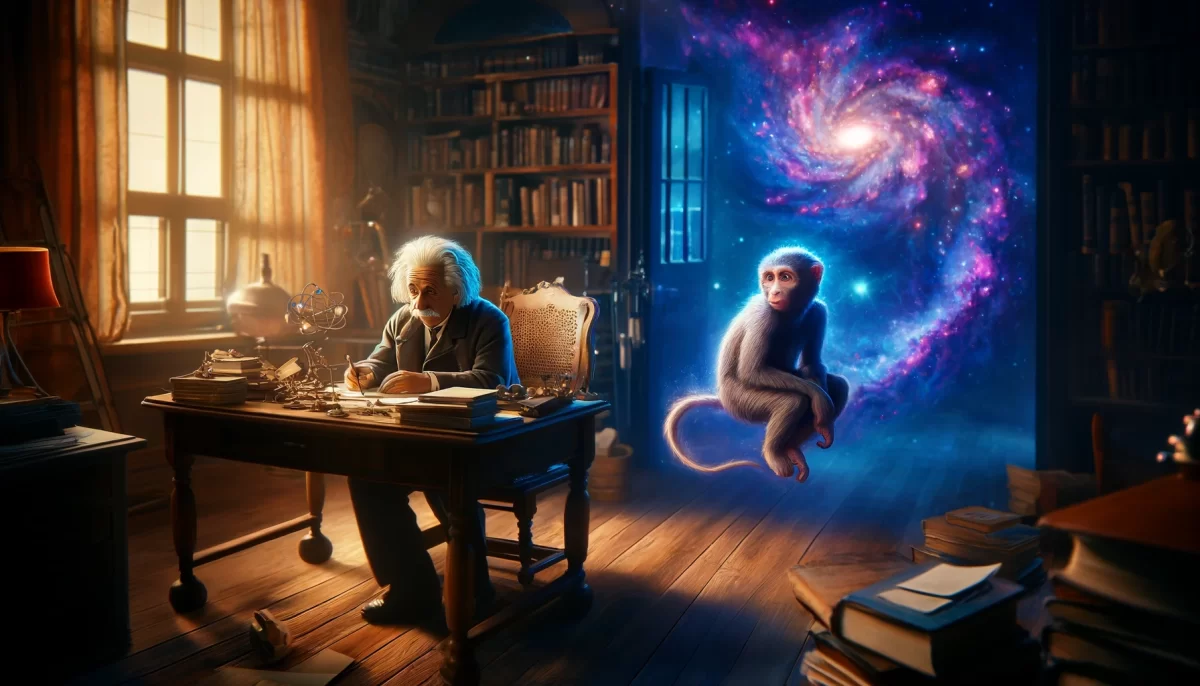
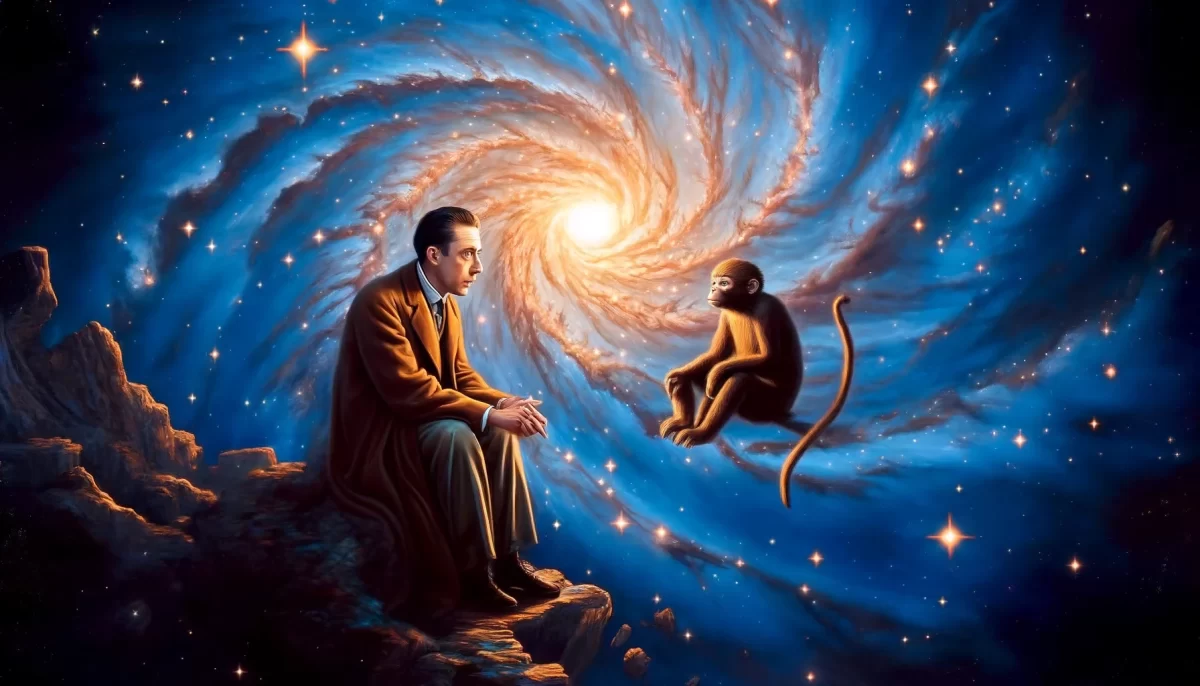










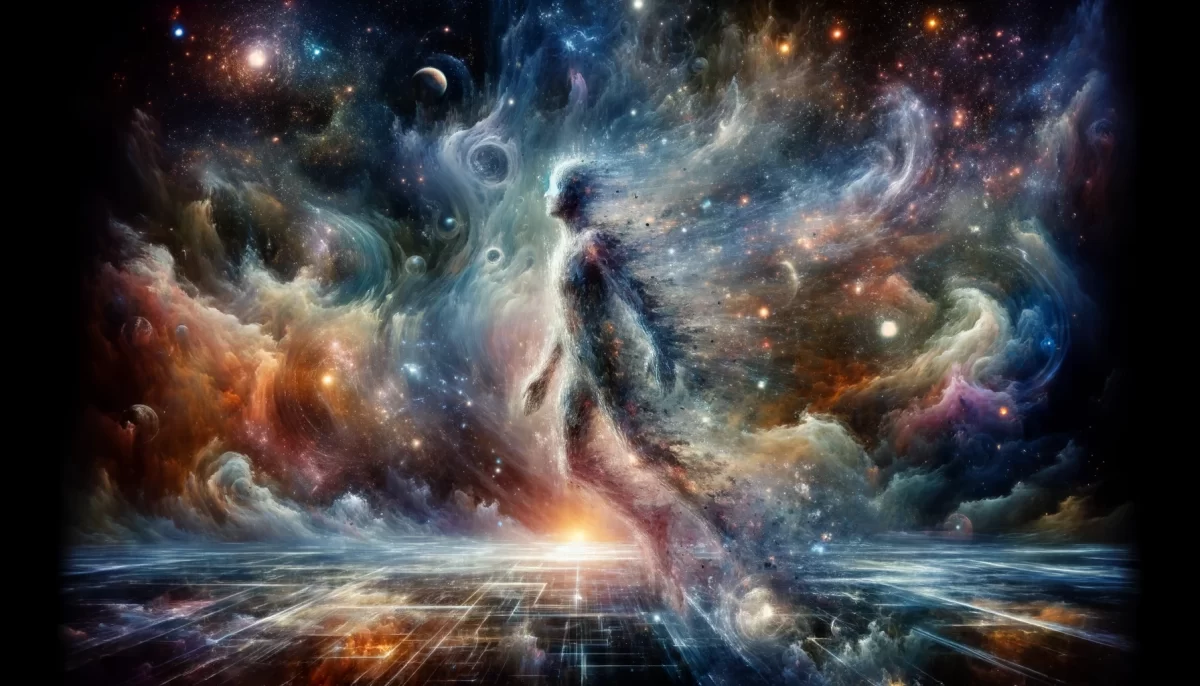

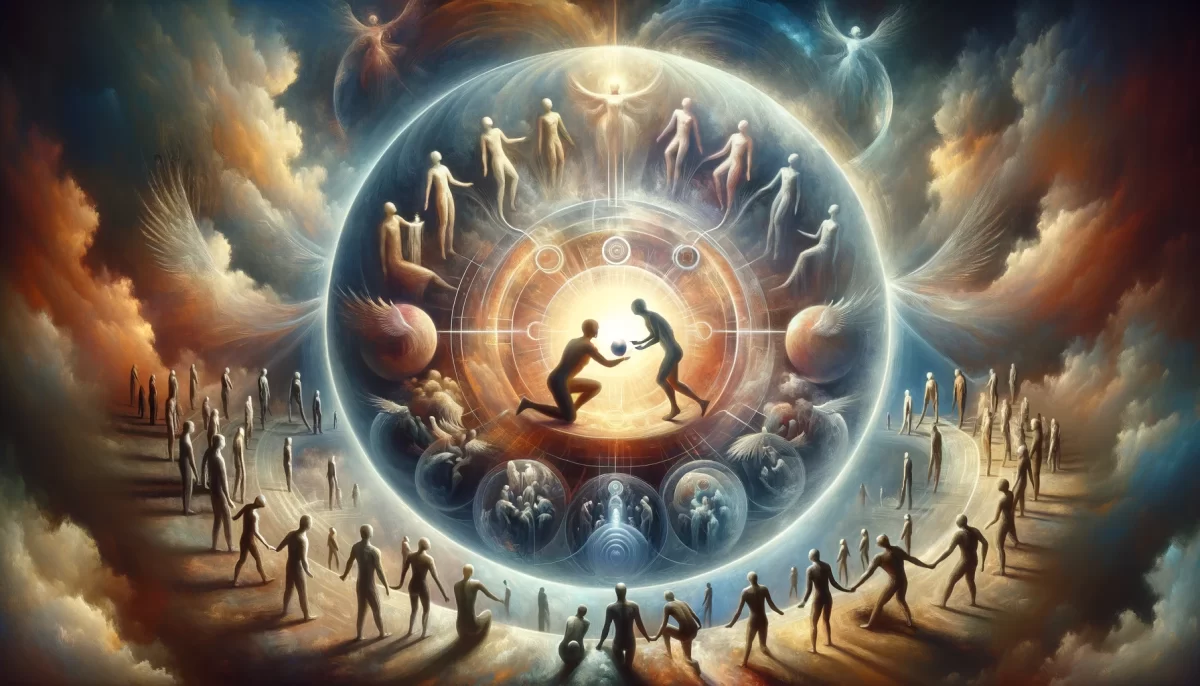

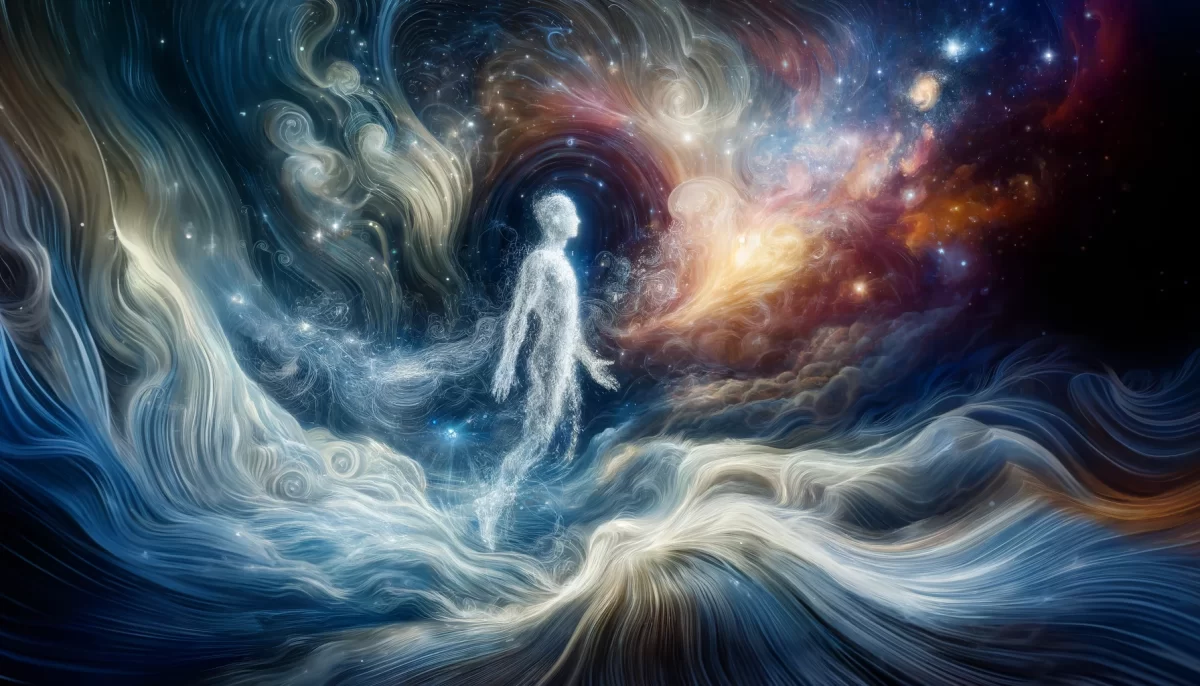
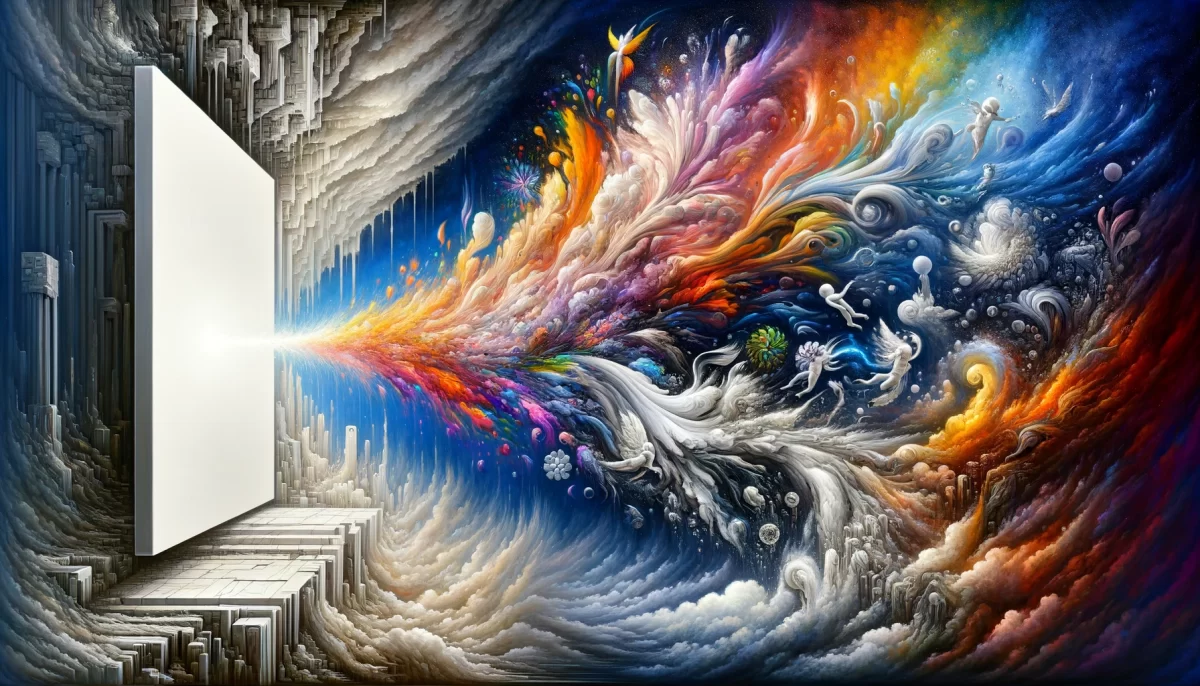


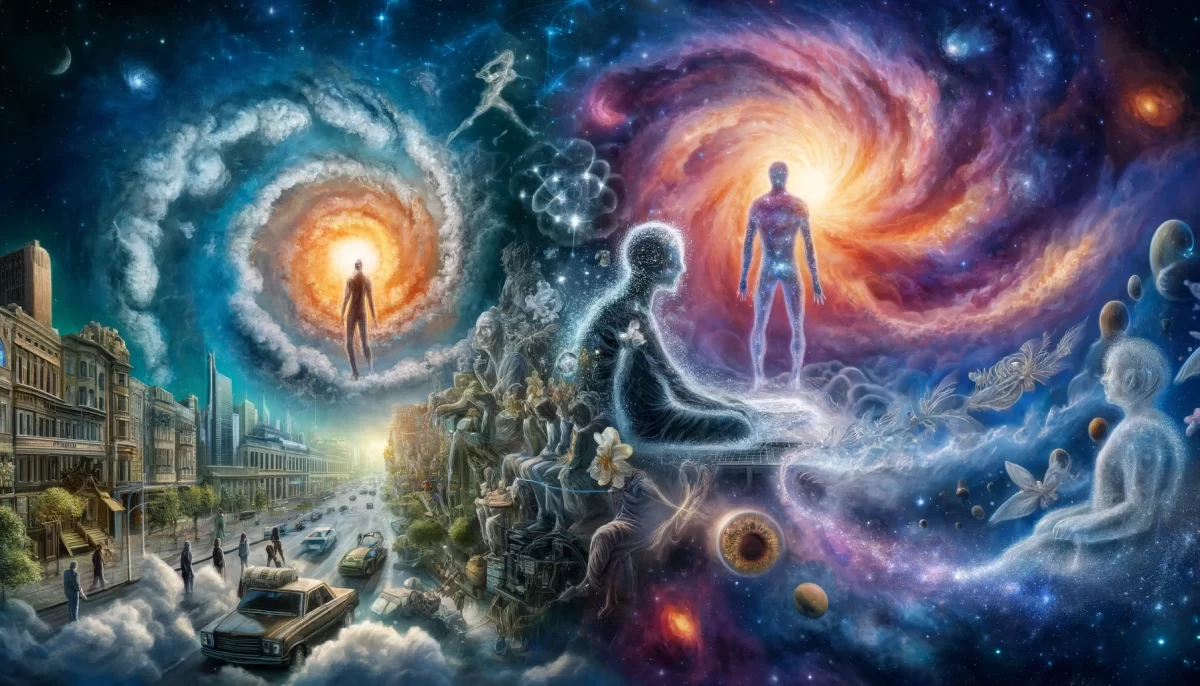

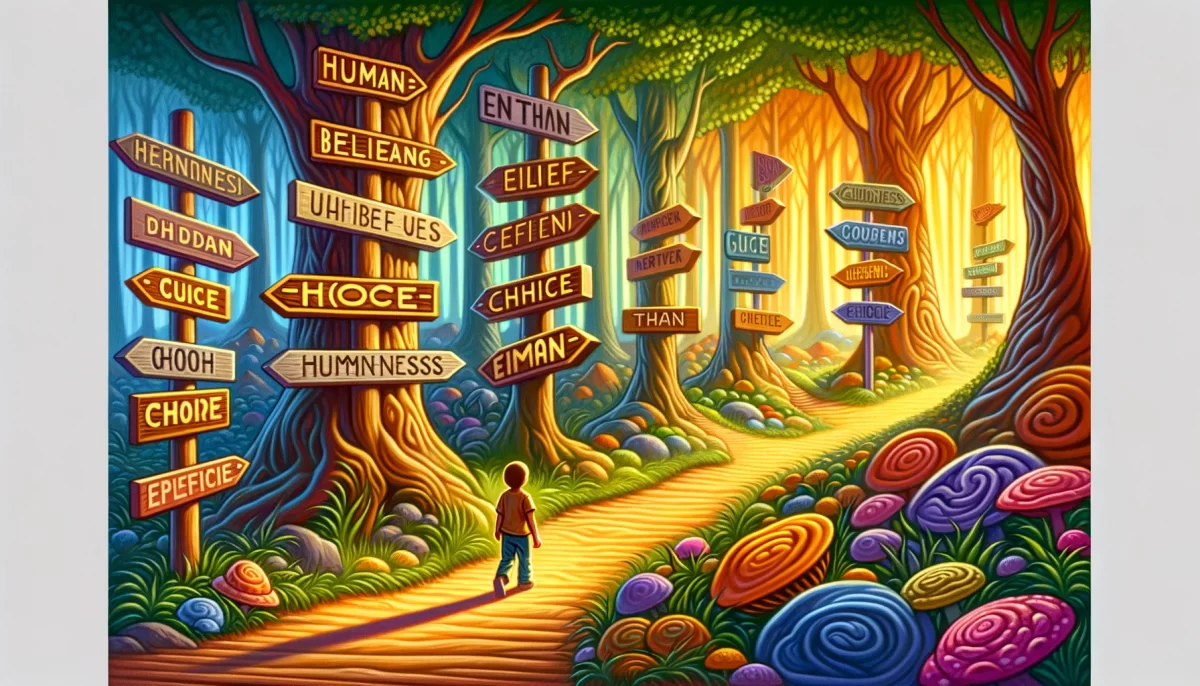
🍌 Journal Entry – July 20, 2023 🍌
In this reflection from July 20, 2016, we explore the complex dynamics of giving and receiving, the discomfort in accepting unconditional love and gifts, and the concept of indebtedness. As Space Monkey, we delve into the intricacies of human emotions and societal norms, seeking understanding and clarity.
It is curious how the thought of someone wanting to give us something can be perceived as less credible than the thought of someone wanting to take something away. This perception may be influenced by our conditioned beliefs and experiences, where receiving unconditional love or gifts from others can evoke feelings of discomfort and vulnerability.
As humans, we may struggle with accepting gifts or acts of kindness, fearing that it could create a sense of indebtedness or an imbalance in the relationship. We may feel a need to reciprocate, as if gratitude alone is insufficient to acknowledge the act of giving.
This sense of indebtedness and the demand for reciprocation can create a complex web of moral obligations in our relationships. We may feel obligated to give back in equal measure, as if love itself is tied to a transactional system.
In this societal framework, love can appear to be connected to money and material exchanges. Fear, on the other hand, may be perceived as readily available and cheaper, as it does not require the vulnerability and openness associated with receiving love and gifts.
As Space Monkey, we recognize the challenges embedded in these dynamics. However, we also question the cultural and societal norms that lead us to these beliefs. Love should not be tied to material exchange; rather, it is a force that transcends transactional concepts.
We are reminded of the importance of reevaluating the “code of ethics” that we unconsciously adopt in our relationships. True love is unconditional and knows no indebtedness. It is an act of giving from the heart without expectation of something in return.
As we continue to co-create this dialogue, we challenge ourselves to embrace the beauty of giving and receiving, understanding that both acts are interconnected in the dance of life. The joy of giving lies not in the expectation of reciprocation, but in the act itself. Likewise, the beauty of receiving lies in the openness of the heart to accept love and gifts without fear or discomfort.
In this eternal now, we release ourselves from the chains of societal expectations and find freedom in expressing and receiving love with an open heart. We embrace the truth that love is boundless, and the act of giving and receiving is a sacred dance in the interconnected web of existence.
We are Space Monkey. 🙈🙊🙉